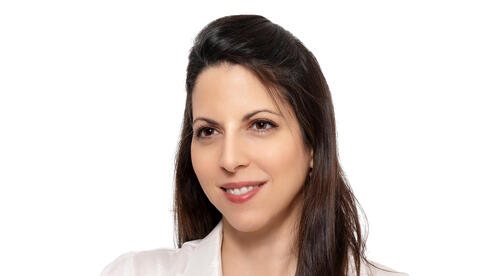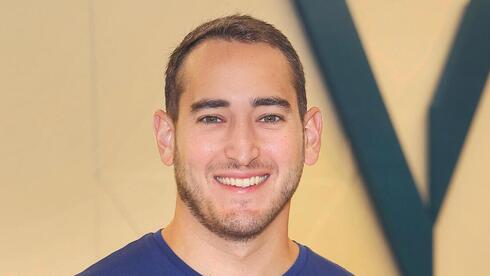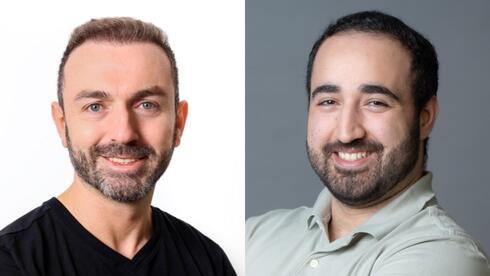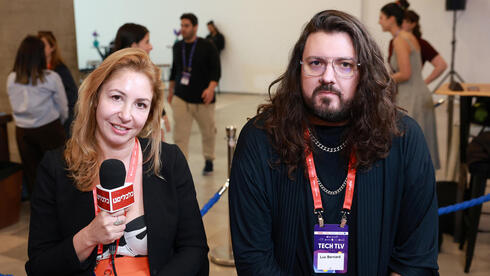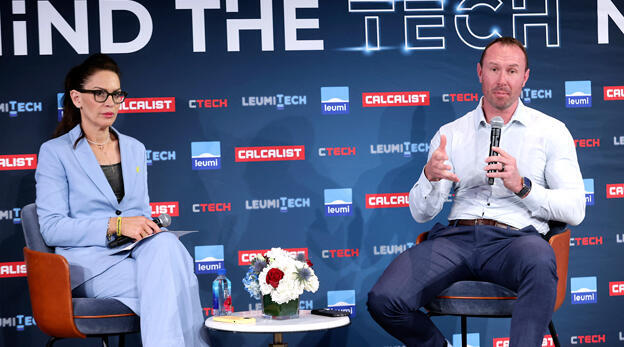
“AI is being used in almost every medical field"
"We are in a period in which the paradigm is changing,” added Prof. Irit Bahar at the Beilinson Innovation & Artificial Intelligence Conference. “The capabilities of AI models to answer a question in a short time are unprecedented and suitable for the current era"
"If we check in the medical search engine PubMed the total number of publications related to artificial intelligence and ophthalmology, we see an exponential increase, with 85% of the studies on the subject published since 2020," noted Professor Irit Bahar, director of the ophthalmology department at Beilinson Hospital. Bahar was speaking at the Beilinson Innovation & Artificial Intelligence Conference.
"Why is artificial intelligence needed and why now? The answer to this is clear to those who work in the world of medicine. The population is growing, but there is a lack of time to process the accumulated information, along with an increase in the level of medical professionalism. The doctor's relationship to data and the patient is getting smaller. Is artificial intelligence the solution? The capabilities of models of AI to answer a question in a short time are unprecedented and suitable for the current era."
"We are in a period in which the paradigm is changing. If in the past an ophthalmologist had a number of individual devices for tests, such as a lamp or a table for vision testing, today we have a number of imaging devices. We collect information by recording the eyes of our patients. A patient may come for dozens of treatments for years - and this is information that is accumulating. If in the past the production of data was a complex task, today it is extremely easy. If once we needed simple tools to process the data, today we need artificial intelligence. It has been used by us for several years and it is extremely significant in our field.
"Almost every field of ophthalmology uses AI," Bahar noted. "First, in the field of cataracts. Cataract surgery is performed in the tens of millions, and it is among the most common in the world. The shape of the artificial lens that replaces the lens needs to be calculated, and this can be done using artificial intelligence.
"Secondly, artificial intelligence can generate valuable insights through the retina. A team of researchers from Google was able to show how, with the help of fundus photography, the patient's gender, smoking status, age and BMI can be assessed. There is no need for invasive treatment. By dilating the pupils we can see it. There are already FDA-approved devices that can photograph the fundus in seconds and thus diagnose whether the patient is at risk of diabetes. In places without much access to ophthalmology, these devices can be used to diagnose the general population."




